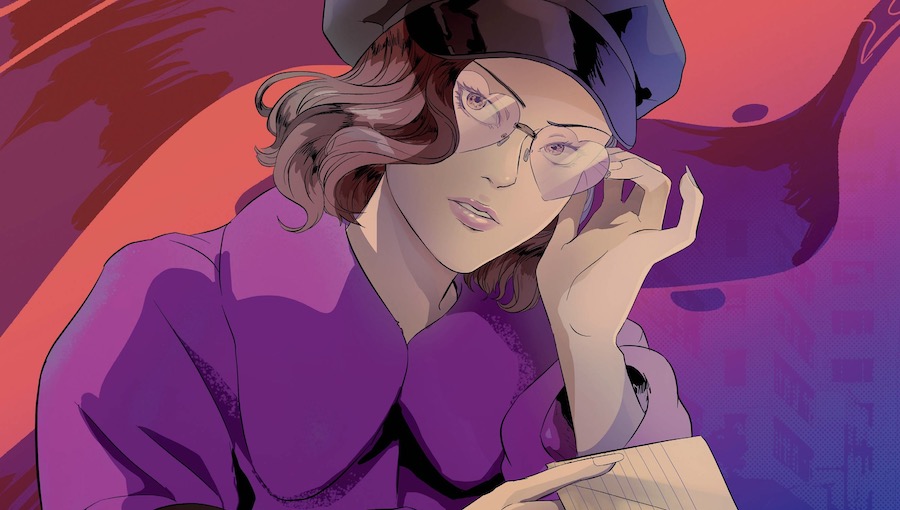I’ve always had an issue with the way telepathy is portrayed in media. A person can read minds, and it manifests as clear, coherent sentences, in the easily identifiable voices of the people around them. To find out information, all the telepath has to do is find the right person and wait for what they need to come spilling out of their mind.
The thing is: Thoughts don’t work that way. They’re often jumbled and confusing. I can’t speak for anyone else, but my own thoughts take the form of fragments, images, and a shorthand that even I don’t understand half the time. Signals is one of the few stories I’ve seen in any medium that understands that, with regards to looking into another person’s mind.
Mel Song is a private investigator with psychic and telepathic abilities; however, that doesn’t mean she has all the answers. She can get those jumbled, fragmented glimpses into people’s minds, but they only provide her with small pieces of the puzzle. She can also get psychic impressions about a person from places they’ve been, such as their home or work, but it’s still not a lot to go on. She compares it to trying to count the leaves on a tree by its reflection in a pond. It’s better than not being able to see the tree at all, but there’s still a lot of actual detective work to be done in order to crack the case.
Hard up for a case, Mel is thrilled when Delilah Martinez walks into her office, trying to track down her best friend and former roommate Julie. Julie left abruptly one day to move in with her new boyfriend—a boyfriend Delilah didn’t even know she had—and hasn’t been heard from since. Is Julie all right? Is there foul play involved? It’s hard to say, but Mel’s investigation quickly reveals that there’s more to this case than meets the eye.
Meanwhile, Mel’s friend, Cliff, an NYPD cop, is investigating a dangerous new drug called Cotton Candy that’s been flooding the streets. His investigation leads him to a shadowy cabal called the Council, consisting of the heads of all the city’s major crime families. The Council may also be involved with Julie and her disappearance—though how is anybody’s guess.
This is a great story. Thrilling and engaging, with a bit of humor sprinkled in, it draws you in and makes you want to know more. The characters are what drive it, though – Mel in particular, but the others, as well. How they relate to each other and the world of the comic is just as important as the case and its clues, and they’re what make this a story worth reading.
The artwork is fun, too. It uses the anime convention of changing characters’ appearance based on their emotional state. Sometimes, Mel or Cliff will randomly turn into, say, a sulky teenager, mid-conversation, and it tells you everything you need to know.
My only objection to the comic is that it ends on a cliffhanger. I was hoping that this first volume would be a complete story, so the next volume could present a different complete story, and so on. Now, I’m stuck right in the middle of a climactic moment, and I want to know what happens next. Still, it gives me hope that there will, in fact, be another volume to enjoy, down the road, so I suppose I shouldn’t complain.
Complete story arc or not, this comic is definitely worth reading. If you like psychic detectives, organized crime families, great characters, and stories that are thrilling and suspenseful (with just a touch of silliness), you’ll want to check out Signals.
Creative Team: Nika (creator, author, artist)
Publisher: Dark Horse Comics
Click here to purchase.

